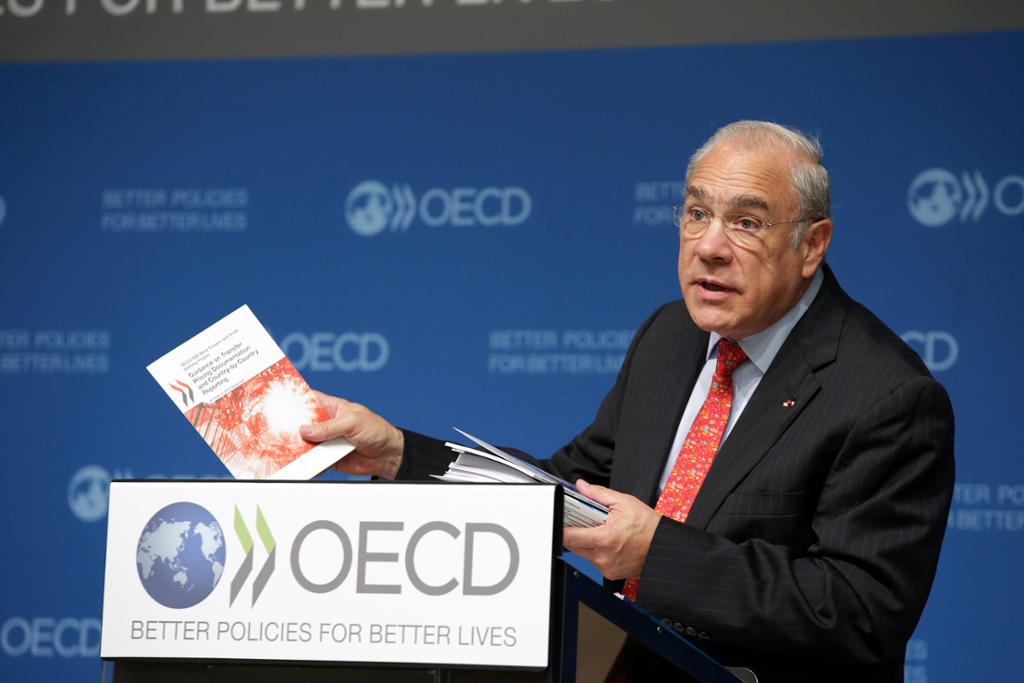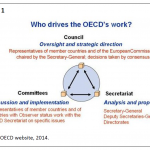Written by Ron Davies
The Organisation for Economic Cooperation and Development (OECD) is an intergovernmental organisation dedicated to promoting public policies which improve the economic and social well-being of people around the world. The successor to the organisation formed after the Second World War to coordinate the implementation of the Marshall Plan in Europe, over the past half century it has extended its membership to 34 countries around the world, each of them committed to the principles of democratic government and a market economy.

The OECD is a major source of research and analysis, as well as a platform for the exchange of best practice concerning, in particular, 40 of the world’s major economies, which together represent 80% of global GDP. It provides advice and recommendations based on statistics, research and an intensive process of peer review. As a result, the OECD is an important actor in encouraging effective government policies in a wide range of economic and social fields, including trade, employment, the environment, education, pensions, taxation and technology.
Whilst in the past there were tensions between the OECD and the European Community, as both sought to influence economic and social policy in European countries, relations have improved as more countries joined the EU, while the OECD adopted a more global focus. Representing the European Union within the OECD, the European Commission is a ‘quasi-member’ of the organisation, enjoying nearly all the same rights and privileges as those EU Member States which have joined the OECD.
Read the whole pdf of this Briefing here










[…] know more about the OECD, read our briefing on the […]